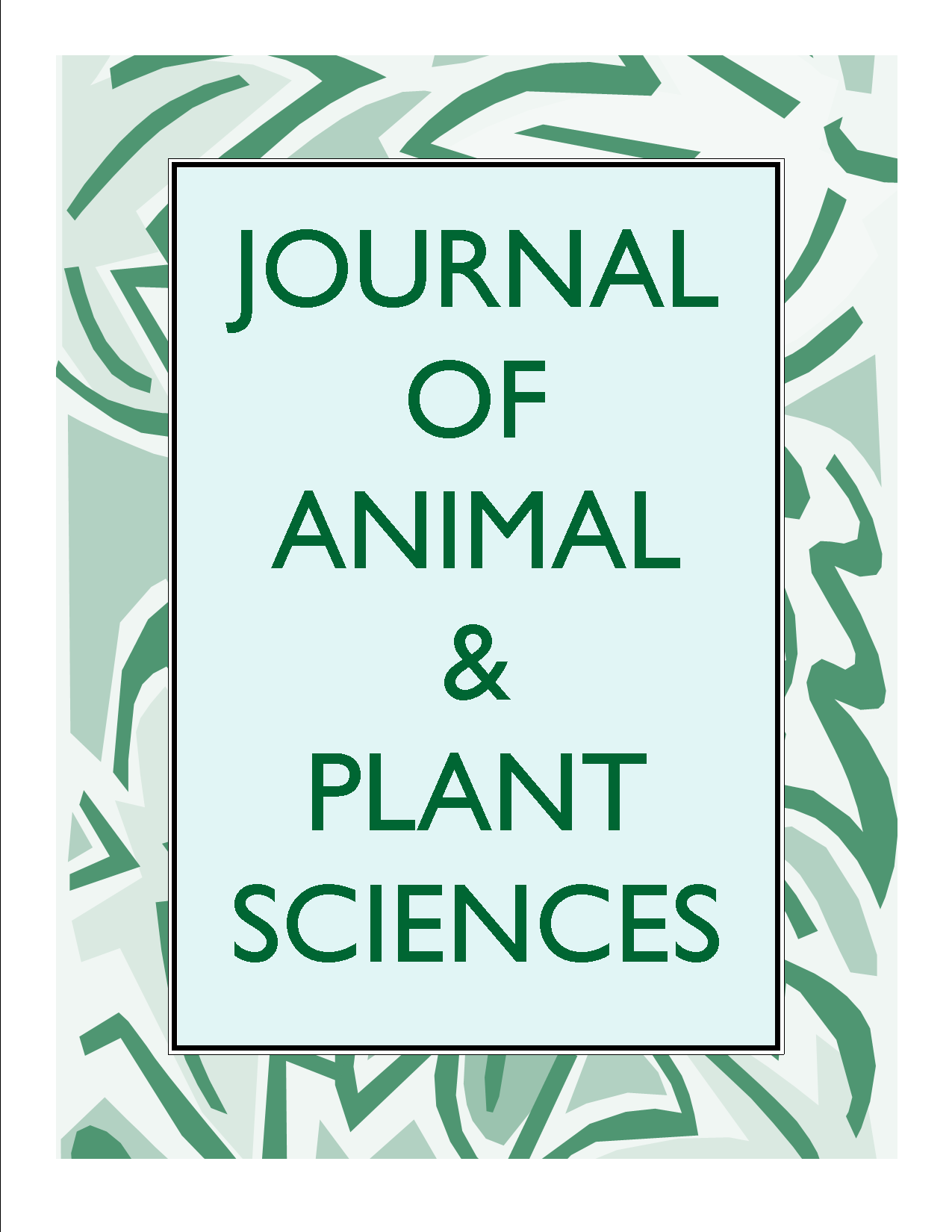Journal of Animal and Plant Sciences
J. Anim. Plant Sci. [ISSN 2071 - 7024]
Volume 11(1): 1358 -1363. Published August 30, 2011.
Assessment and management of post harvest losses of fresh mango under small-scale business in Morogoro, Tanzania
Theodosy J. Msogoya1 and Elde S. Kimaro2
1Sokoine University of Agriculture, P. O Box 3005, Morogoro, Tanzania
2Temeke Municipality, P.O Box 4643 Temeke, Dar es Salaam, Tanzania
Corresponding author: e-mail: tjmsogoya@yahoo.com and mobile: + 255(0) 783 172544
Key words: Fruit deterioration, Shade structure, Hot water treatment, Mango
SUMMARY
This study was conducted to assess postharvest losses and the effect of shade during wholesale market and hot water treatments on storage of mango cv. ‘Dodo’. To assess postharvest losses, mature fruits were packed on semi-rigid bamboo cartons, loaded on a truck without separators in between cartons and transported from Mkuyuni ward to Morogoro urban, Tanzania. The effect of heat stress during the wholesale market was evaluated by storing mango fruits under the sun, woven polypropylene shade and black net shade at Sokoine University of Agriculture. Mango fruits dipped in hot water at 60° C for 10 minutes were compared with untreated ones as control. Results showed that the fruit total postharvest losses were 43.8 % with the wholesale market, transport and harvest stages accounting for 30.6 %, 10.6 and 2.6 % of the total losses, respectively. The main features of fruit deterioration during the wholesale market stage were softening and microbial decay each accounting for 50.7 and 39.6 % of the total losses within the stage, respectively. Microbial decays of 7.2 % and mechanical injuries of 2.0 % were the major features of mango fruit deterioration during the transport and harvest stages. Storing fruits for three days under the woven polypropylene and black net shades significantly reduced fruit postharvest losses by 52.7 and 38 %, respectively in comparison with fruit storage under the sun,. Hot water treatment reduced the incidence of microbial decay by 85 % and improved fruit total soluble solids content by 15 % in comparison to untreated fruits. However, hot water treatment reduced fruit firmness and shelflife by 56.0 and 71.4 %, respectively. In the short term, wholesale traders are advised to store fruits under the polypropylene shade while in the long term, municipal and council authorities are argued to construct cold storage facilities for fresh fruits. Furthermore, farmers are advised to disinfect mangoes with hot water, especially those purported for immediate marketing.
FULL PAPER [PDF AVAILABLE HERE ]
